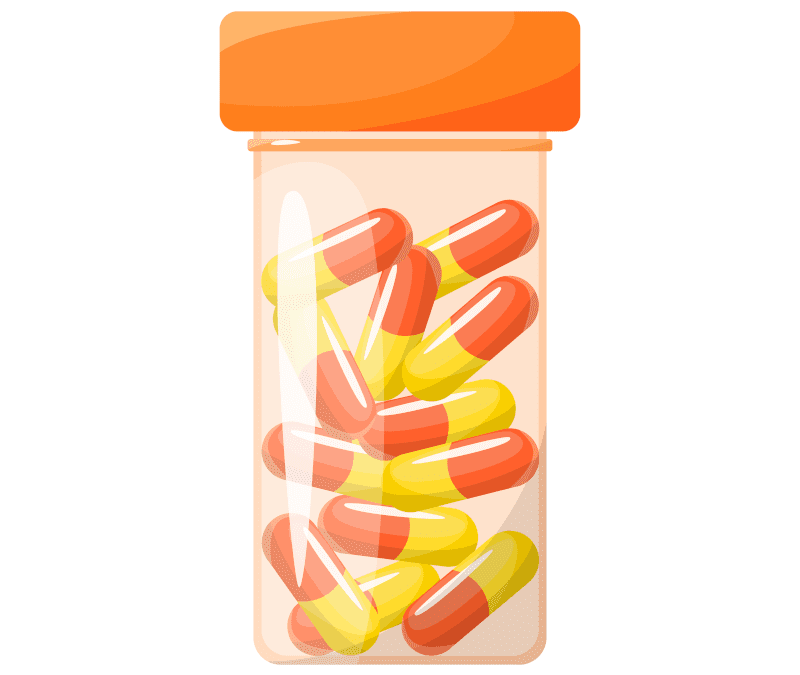Think about your physical health. When you feel good and have energy, you perform your daily tasks with relative ease. When you get sick or injured, your routine changes to accommodate that. If you are chronically ill or suffer a major injury, your normal life falls by the wayside. Like an injured top-tier athlete, you are sidelined.
Your Mental Health and Depression
So, let’s shift the focus to mental health. When your mental health is good, you can do what needs to be done, make connections, solve problems, and more. If you start to struggle with anxiety or depression, you may find daily tasks more difficult. And if you have a major depressive episode or other serious mental health episodes, you may find yourself unable to function in any of the usual ways.
But there are options for getting better.
One of those options is to start taking an antidepressant. For many of the estimated 16 million Americans who suffered a major depressive episode in 2016, an antidepressant was a helpful part of reclaiming better mental health.
You could think of taking an antidepressant (under the guidance of your physician, of course) as similar to rehabilitating from an injury or getting over an illness. But just like a doctor may caution you to take recovery slowly to avoid complications, a person taking an antidepressant should be aware of a few possible concerns as well.
Some Things to Keep In Mind About Antidepressants
We want to be very clear: antidepressants can be extremely helpful for someone struggling with a mental health disorder. And the combination of medication and talk therapy can provide a significant boost to a person’s mental health—and help maintain that improvement, too.
Still, antidepressants are seldom a magic bullet. They are associated with a range of side effects—some of which are quite troublesome. In addition, because different people respond to different drugs in different ways, there can be a lengthy and perhaps frustrating period of trying to zero in on the medication or combination of medications that will work best. That process sometimes has to be repeated if a person develops a tolerance for their current medication and needs to switch to something else to continue to get the benefits.
And there are also challenges to quitting the medication, including the potential onset of antidepressant discontinuation symptoms.
Antidepressant Discontinuation Symptoms: What Are They?
During the period you have been taking medication for depression, your body and brain have become used to the presence of the drug. If you stop taking the meds, you may experience a range of unpleasant symptoms.
Those symptoms may include:
- Headaches and/or blurry vision
- A runny nose
- Nausea and/or vomiting
- Chills, fever, or both in combination
- Dizziness, balance issues, and/or tremors
- Dystonia (a state of abnormal muscle tone) and/or tingling sensations in the body
- Difficulty walking
- Fatigue and/or lethargy
- Trouble sleeping and/or intense dreams
- Depression, anxiety, and/or frequent mood swings
- Mania and/or hallucinations (these are, fortunately, quite rare)
Reading through that list, you might decide to never stop taking an antidepressant. But if you and your doctor have decided that weaning off the drug is a reasonable decision, take heart: there is a way to stop taking an antidepressant while avoiding the symptoms described above.
The approach you want is called tapering.
Take Time to Taper
The key to avoiding antidepressant discontinuation symptoms is to taper off your medication. Your doctor can help you determine the best approach. It may be as simple as weaning yourself off the medication a little at a time until you can stop altogether.
In other cases, your doctor might suggest switching to a different antidepressant and then tapering off of that medication. That might seem like a strange approach, but some antidepressants have a longer half-life—the measure of how long it takes for the amount of any given drug in your system to be reduced by half. In some cases, tapering off medication with a longer half-life is easier than tapering off a drug with a shorter half-life.
Again, your doctor will put you on the right path—and it is important to talk with them before you decide to stop taking an antidepressant “cold turkey.”
We Can Help at French Creek Recovery Center
If you are struggling to taper off of an antidepressant, it is possible that you would benefit from medically supervised detoxification in a residential facility like French Creek Recovery Center. In addition to help with detox, we provide services that can help you maintain your mental health going forward.

